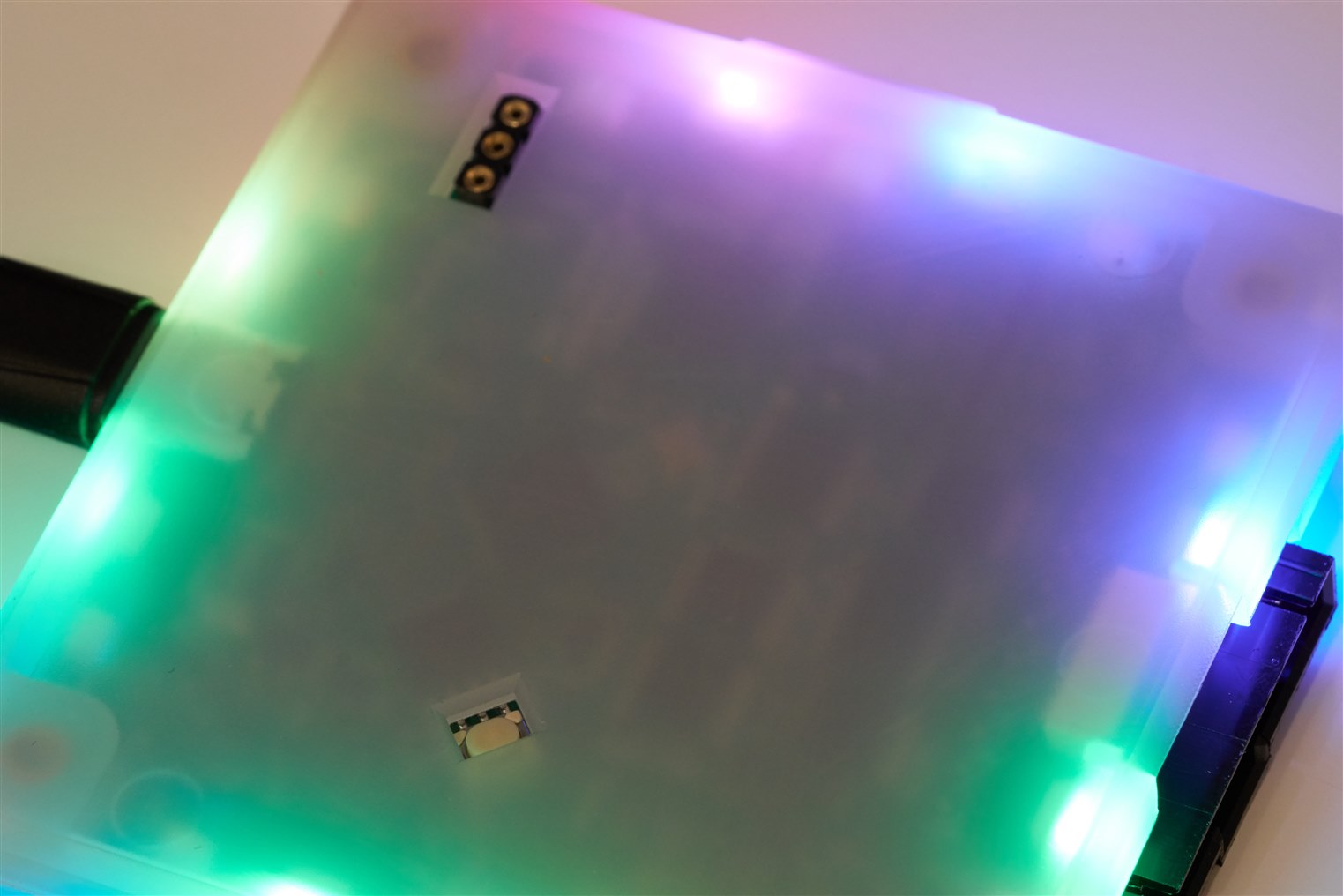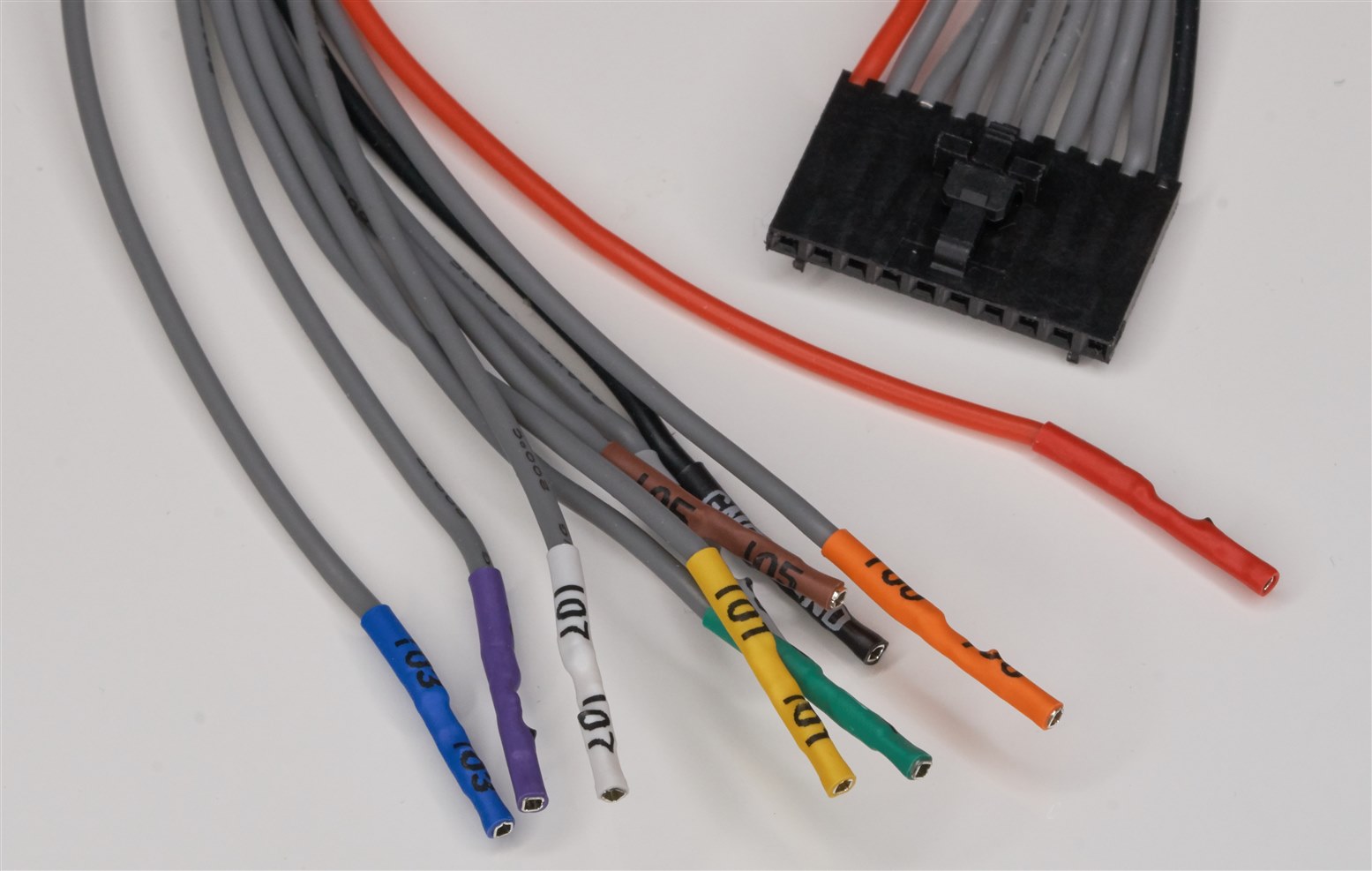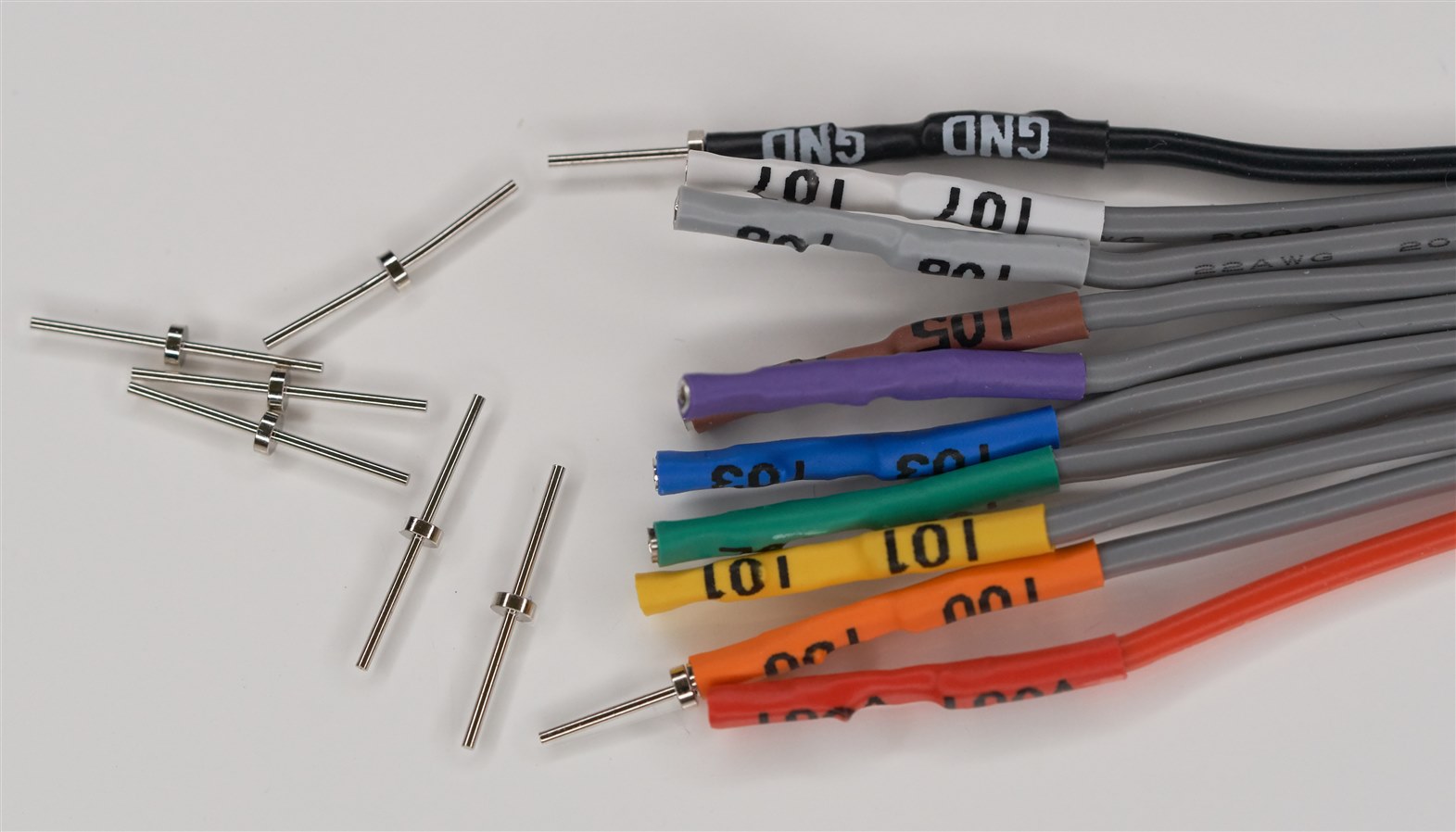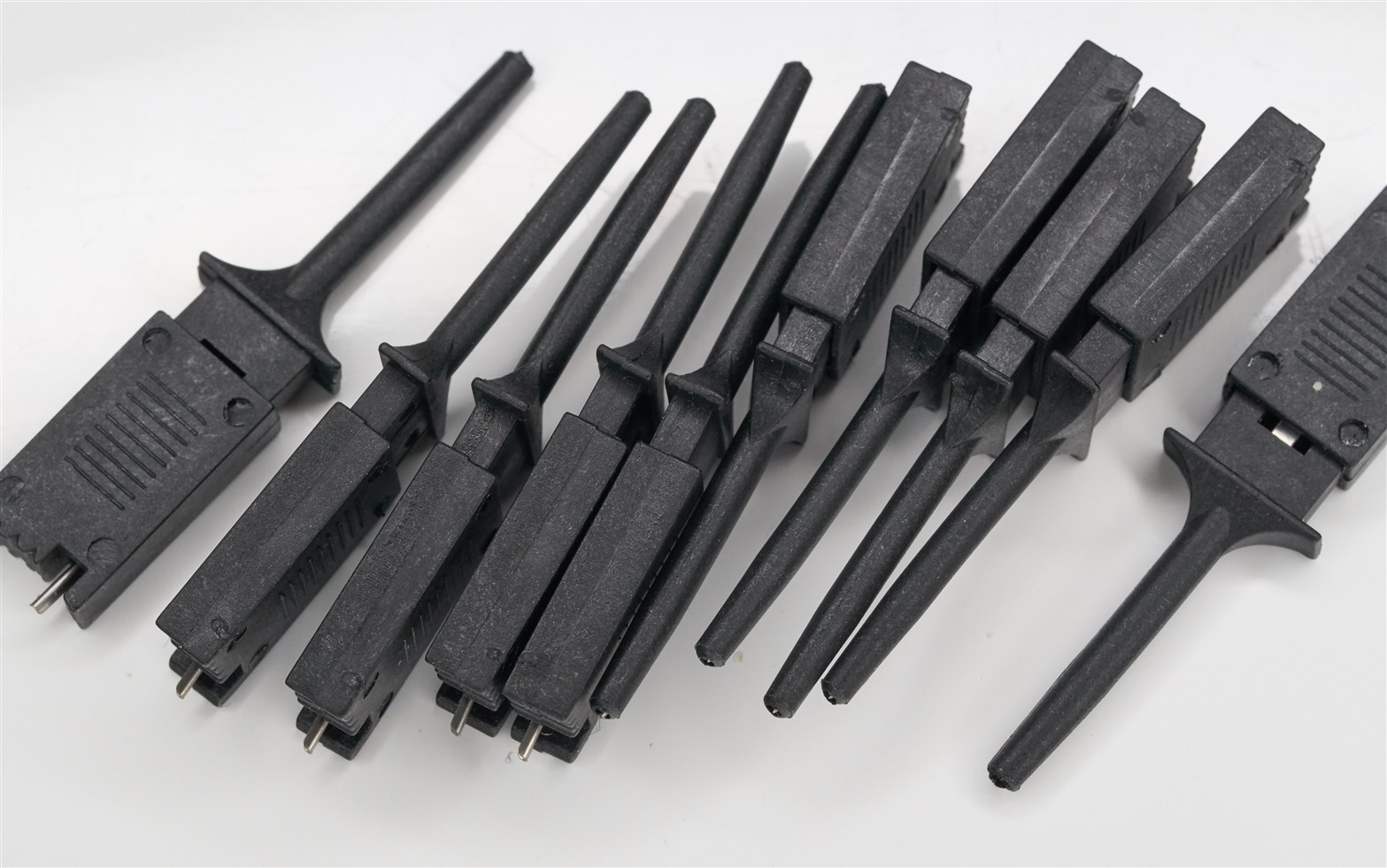I just saw this announced: a troubleshooting/development tool called Bus Pirate 5.
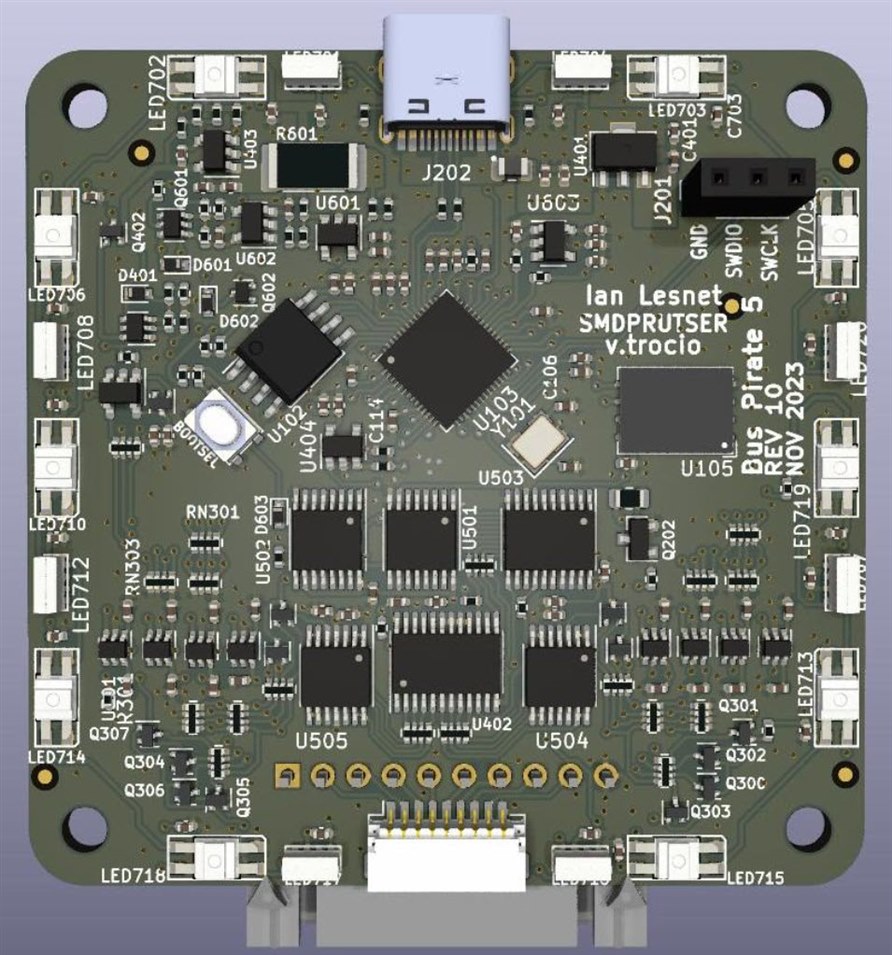 (image source: buspirate.com)
(image source: buspirate.com)
The hardware and firmware source are on GitHub.
In a nutshell, the Bus Pirate 5 is a command-line controlled (via its serial console) tool that can be used to send/receive a few typical board-level (and other) protocols, such as SPI and I2C, and also UART (and some protocols on top). It would be nice to see additional protocols, but there is plenty of space for that - It runs with an RP2040 chip (a very straightforward part to code for!), with 16 Mbytes of Flash - but there's also an additional 100MBytes on a Flash chip for storing (say) firmware images to upload onto hardware.
Interestingly, there is also a 1-5V supply on board with 500mA output capability, and this could be extremely handy.
What's also awesome is that the I/O (for eight pins) is configurable from 1.2V to 5V! That's extremely useful for the typical purposes of this board.
There is a plug-on LCD screen for monitoring purposes, plus (for reasons I don't understand yet, but perhaps it's handy for status and warning alerts, etc) there are also many RGB LEDs.
 (image source: buspirate.com)
(image source: buspirate.com)
The price is extremely reasonable (although the cables for it add to the cost - but they could be DIY'd).
I hope someone eventually writes a Python interface for this (otherwise, I will do it myself). I hoped to use the BeagleConnect Freedom (BCF) for similar purposes, but they are useless at getting information out for people to develop with it; mine has been a (small) dead brick for half a year.
The Bus Pirate, on the other hand, is designed by Ian Lesnet. I purchased a couple of other boards originally designed by Ian (a logic analyzer and an FPGA board) a decade ago! They are excellent, so I've got high hopes for this board too.



